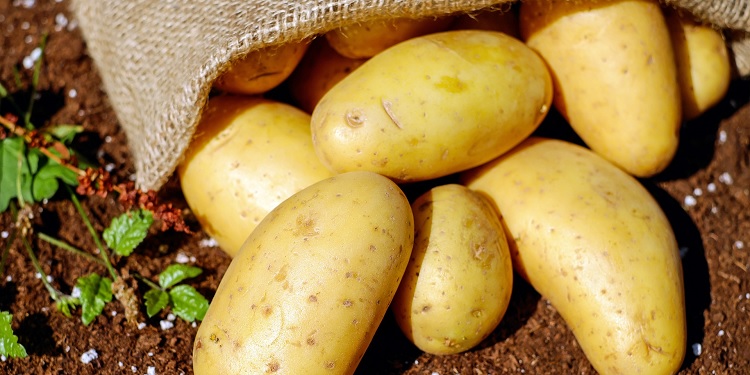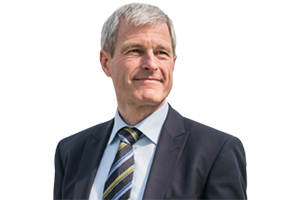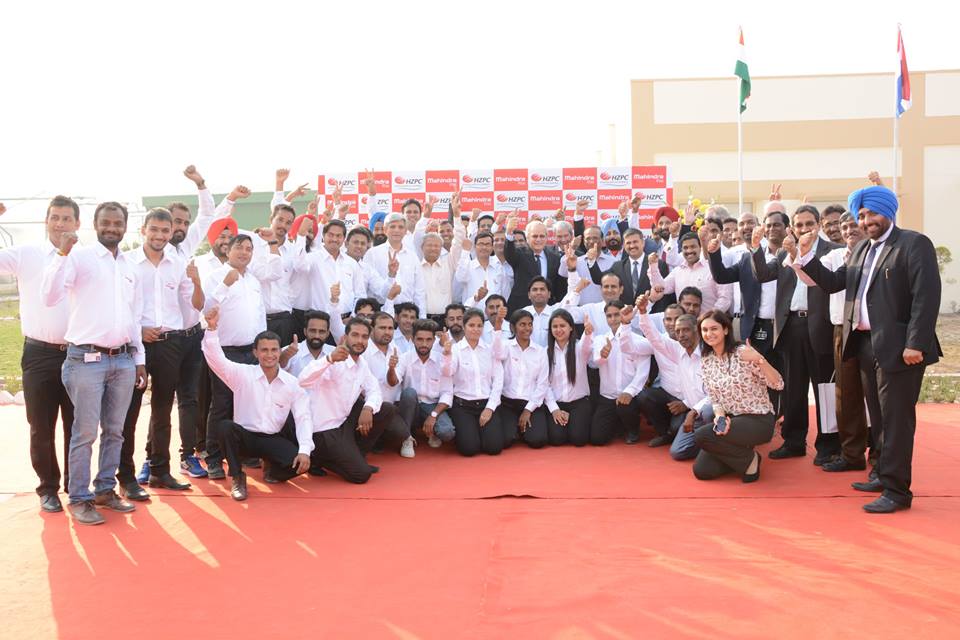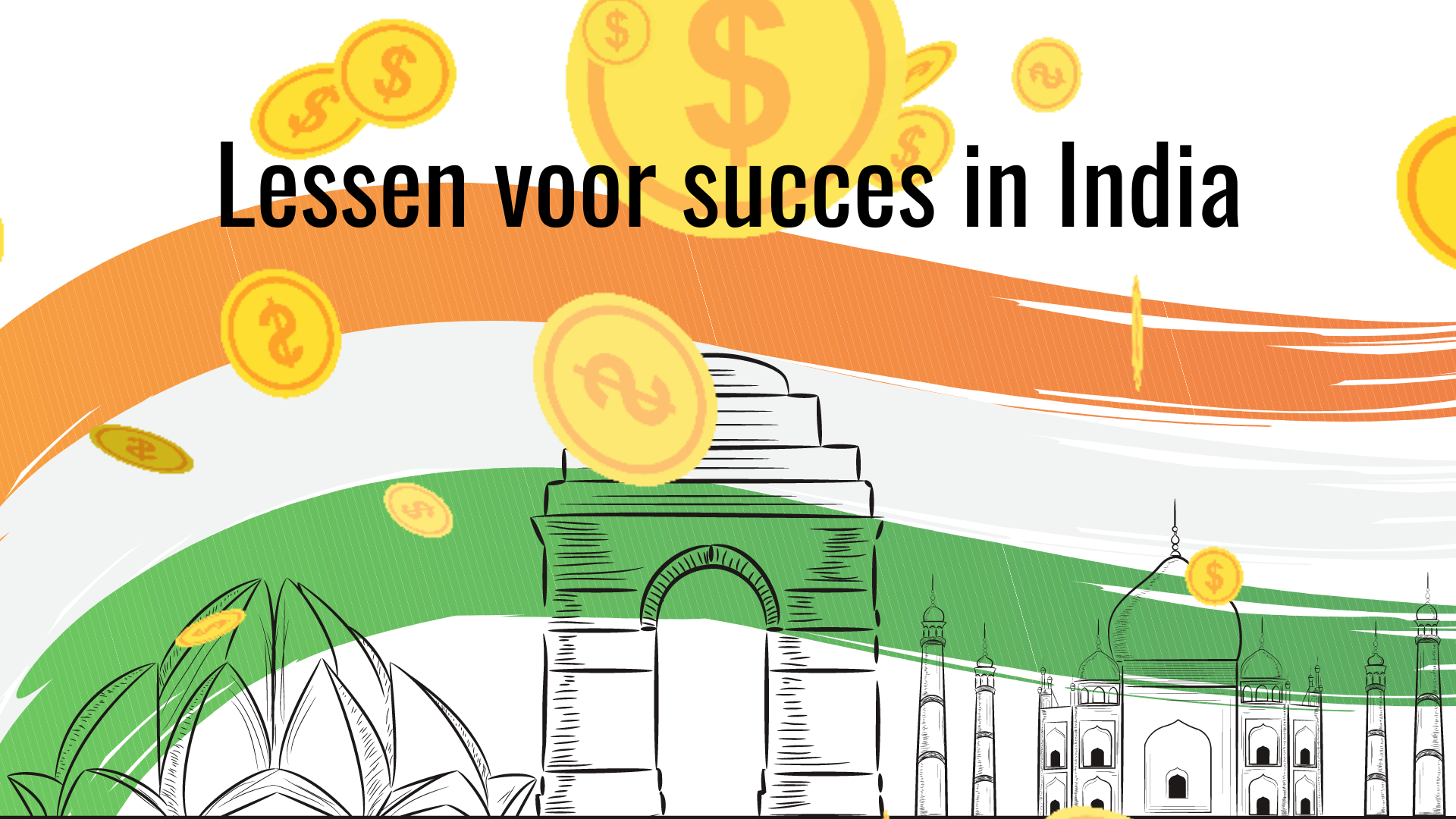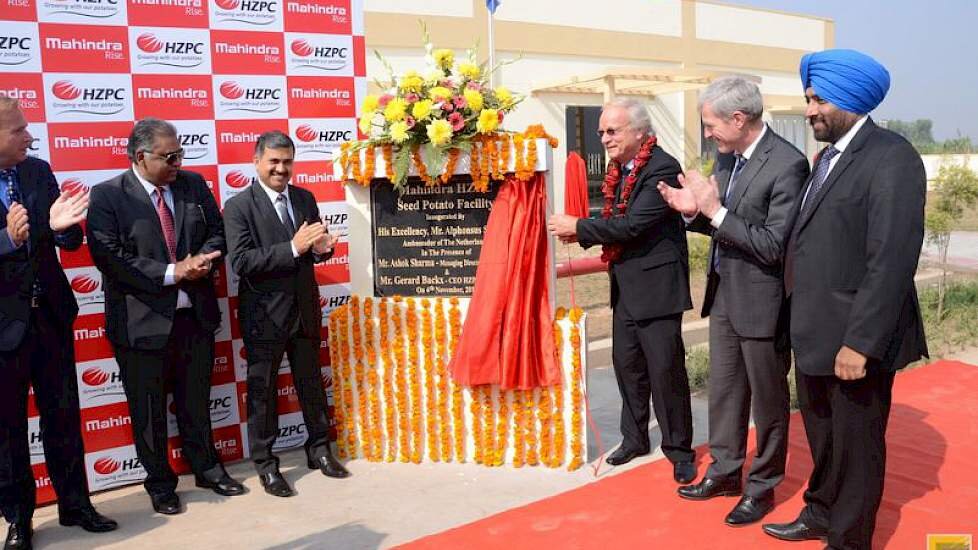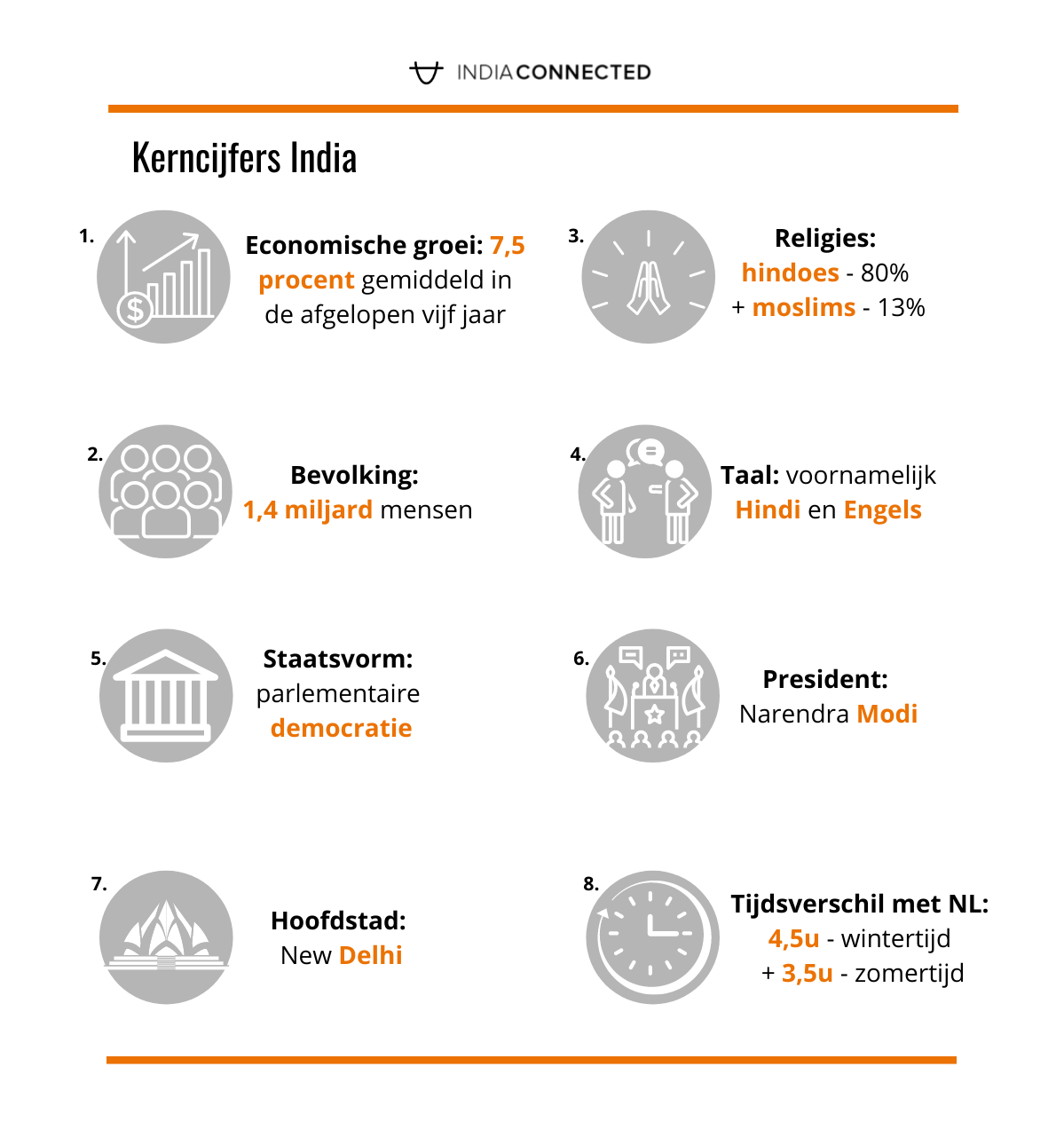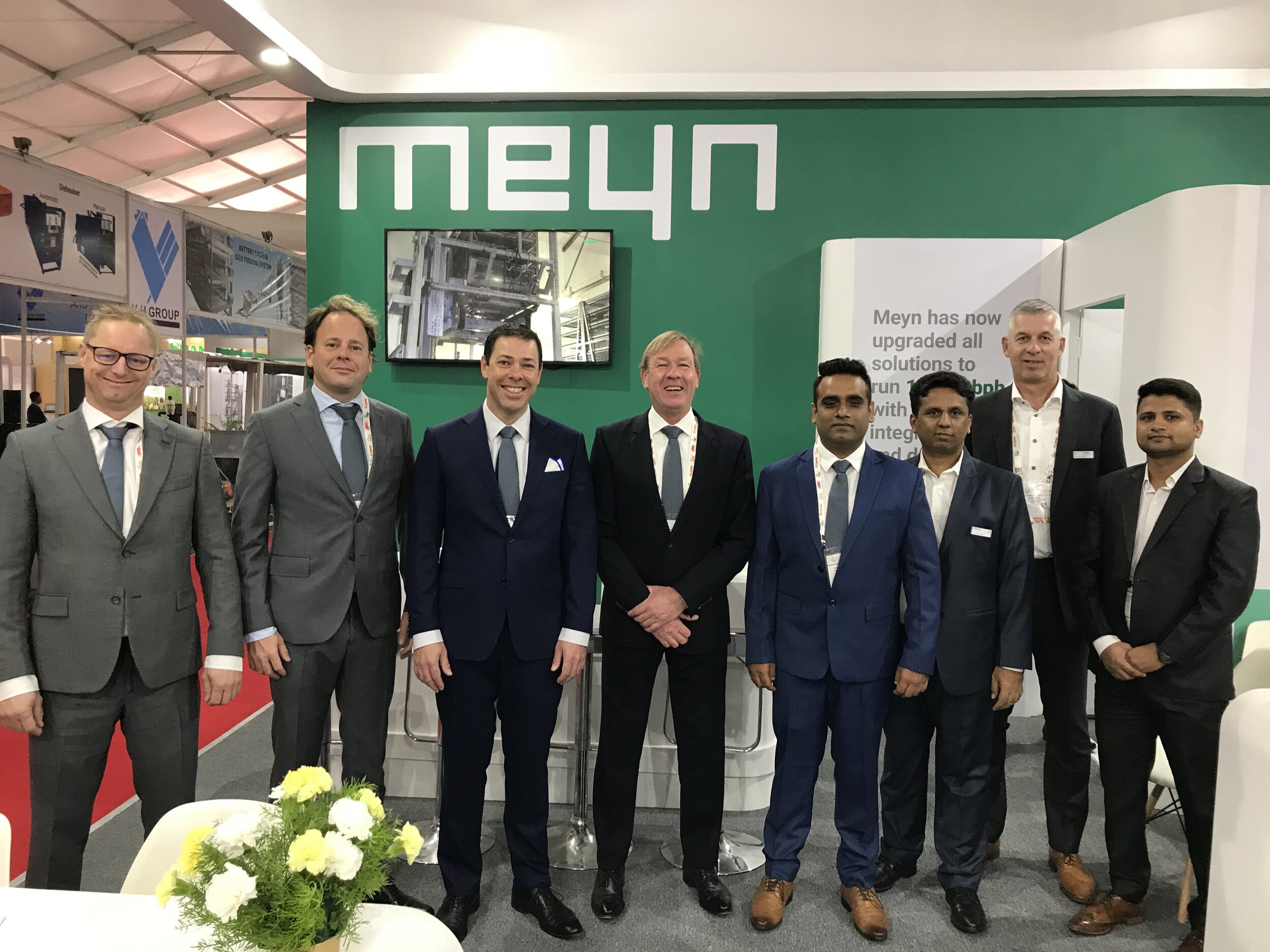It took HZPC, the world market leader in seed potatoes from Friesland, almost ten years to get its high quality potato varieties on the market in India. CEO Gerard Backx takes this long lead time for granted. "India is one of the most promising markets in the world."
Strategic focus on India
Fifteen years ago, at the end of 2007, Gerard Backx and his fellow directors at HZPC decided that the company should seriously consider India. "Occasionally we came to India, but we had never given the country structural attention." That has to change, Backx believes. Coincidence or not, a few months later an employee of Indian conglomerate Mahindra calls him. He asked if he could come and visit them in Joure. Backx is curious. "What does such a gigantic concern that is mainly strong in iron and engines want with seed potatoes? I was curious where their interest came from."
That first appointment almost went wrong, Backx recalls. "Mahindra's representative arrived at Heerenveen station on Friday at 6.30pm instead of 11am. He had taken a wrong train and then got lost." But when the two struck up a conversation that Friday night, it clicked. Mahindra appears to have decided to expand their agro-business and would like to introduce the potato varieties of world market leader HZPC in India. The meeting led to a cooperation agreement in 2008 under which Mahindra will represent the Friesians in India.
Opening of the factory in India
Gerard Backx, director HZPC
Potato plants in test tubes
"Wherever we start new activities, it takes about ten years to get the business up and running," Backx emphasises. "That is in the nature of our business. In India it takes a little longer. HZPC is not allowed to export seed potatoes to India, but test tubes with small potato plants, which go through a quarantine procedure and which we can further cultivate there. Before these varieties are put on the list of varieties and can be used commercially, they have to be tested extensively for all kinds of characteristics.
In most countries, these tests take four to five years, and in India a few years longer. Backx: "The institute that carries out these tests also breeds potatoes itself. Since we are the first foreign company to start producing potato varieties in India, that breeding institute is actually our biggest competitor in India. They are clearly not waiting for us: one year our samples were lost, the next year a test field failed. This process took a lot of time and energy, but now six of our varieties have been officially registered."
The HZPC team in India
Joint venture
Meanwhile, HZPC and Mahindra were not sitting idle. In 2014, the two companies set up a joint venture: Mahindra HZPC. That company started with the cultivation and trade of common Indian potato varieties. Backx: "That own structure is now in place. We have a network of qualified, professional growers. Slowly but surely, we are cultivating and marketing more of our own potato varieties. We multiply our potatoes by a factor of 10 per year, so it will take some time before we reach a serious volume. We expect our varieties to grow to an annual turnover of 20,000 tons of seed potatoes in the next five years."
Sales market in India
The potato varieties of HZPC will soon be sold to the processing industry and supermarkets in India. "The processing industry - think of large french fries and crisps manufacturers such as Lays - are very happy with our arrival. With our high-quality varieties, they can make better products and more profit. The fresh market is by far the biggest market for potatoes in India. Traditionally, growers take little account of the eating preferences of Indians: they focus mainly on technical cultivation issues such as disease resistance and the amount of water needed. Our varieties have different tastes, are smoother and look nicer than the classic potato varieties with deep pits. With this, we think we can primarily serve the middle class and the elite through the supermarkets."
An Indian partner opens doors
HZPC has an interest of 40 percent in Mahindra HZPC. Backx: "We have looked for a good balance. They do the finances and the HR policy, we the technology and the potato varieties. The joint venture pays our Dutch company a licence for the use of the varieties. As far as we are concerned, we are in good balance this way. The fact that we have a minority interest is not a problem. If the joint venture makes a profit, that is great, but for us it is mainly about the income from the licence stream. The more Indian farmers who grow our varieties, the better. We are not completely dependent on Mahindra and are also talking to third parties to get more farmers in India to grow our varieties. By the way, we are having these discussions together with Mahindra. Our relationship is excellent."
Curious about the opportunities in the Indian food processing or agricultural sector for your business? In our sector overviews, we give you a glimpse of interesting investment options in India's various key sectors.

